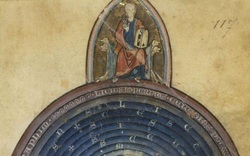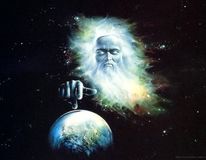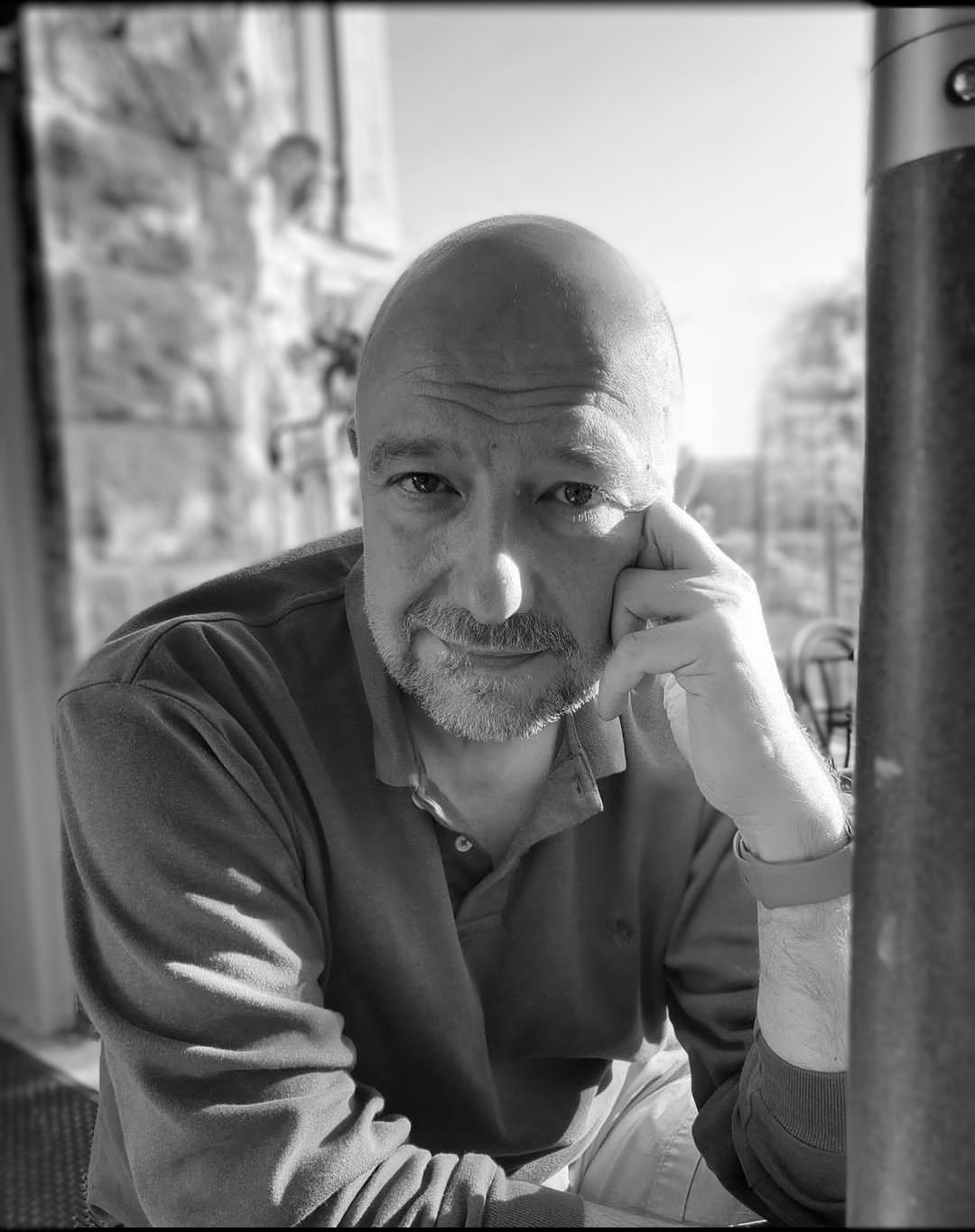 We forget, at times, that Medieval minds, far from being suffused with intellectual sluggishness and bereft of curiosity, often found themselves aflame with new concepts, ideas, and mental tools. Phys.org has a compelling post on the ideas of Robert Grosseteste (1170-1253), church reformer, theologian, and politician whose work, 800 years later, "provides the basis for doing great interdisciplinary work, offering unexpected challenges to both modern scientists and humanities experts alike, especially in working closely together." While Grosseteste may not be the originator of western experimental science, his scientific works come close to advocating experiments. They are also beautifully balanced mathematical constructions, not always apparent to a literary reading, yet wondrously so to later medieval generations.  Such minds, living nearly a millennium ago, are encouraging to those of us who see the world slipping into a technological Dark Age, in which the majority of Americans do not believe the Big Bang occurred, the anti-vaccine crowd is putting lives at risk, and religious zealots see even basic science education, in the form of a popular television series, as a threat. It's no wonder they become bothered when educators like Neil DeGrassy Tyson refuse to debate them, or even consider inviting them into conversation. It's no wonder, too, that the latter demand equal time for their own views as Ken Ham does in Answers in Genesis," regardless of how embarrassing they might be. The ongoing, and one-sided, battle between creationist Ken Ham of “Answers in Genesis” notoriety and highly-regarded astrophysicist Neil deGrasse Tyson of Fox’s Cosmos is humiliating for America because Ham typifies the right wing evangelical Christian ignorance founded on ancient mythology. Dr. Tyson is not involved in Ham’s battle because one thing he likely learned early in life is that it is futile for a scientist to dialogue with religious fanatics who base their arguments on factless faith. Each episode of the scientific series brings a new charge from Ken Ham, and it is apparent that his primary target is not Neil deGrasse Tyson or Cosmos, but science itself. This weekend marked the 28th anniversary of the Chernobyl disaster. Photographer Michael Forster Rothbart has a fascinating photographic essay on the aftermath on Mother Jones's website, part of his After Chernobyl project.
1 Comment
|
Derek Austin Johnson has lived most of his life in the Lone Star State. His work has appeared in The Horror Zine, Rayguns Over Texas!, Horror U.S.A.: Texas, Campfire Macabre, The Dread Machine, and Generation X-ed. His novel The Faith was published by Raven Tale Publishing in 2024.
He lives in Central Texas. Archives
May 2024
Categories |

 RSS Feed
RSS Feed